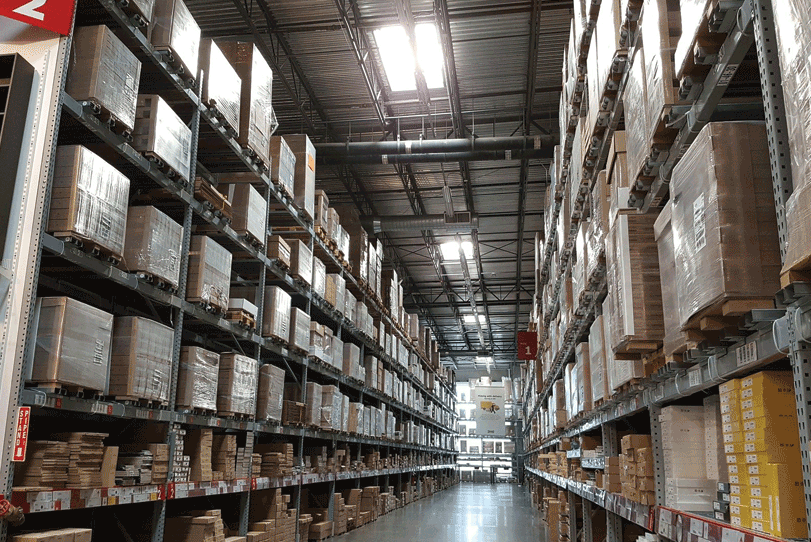India’s logistics cost, as a percentage of GDP, is nearly 14 per cent. Most advanced economies spend far lower. In the US and Europe, for instance, it adds up to about 10 per cent of GDP. The cost of inefficiency in India is estimated to be as high as $100 billion. The inventory in transit suffers damages, pilferage and wastage. In the cold chain sector – fruits and vegetables, pharmaceuticals, chocolates, dairy, and others – the material can lose its value if the transporter switches off the refrigerator. The supply-chain, in brief, is broken.
The Goods and Services Tax (GST) appears to have fixed part of the problem. “The turnaround time for trucks has witnessed a substantial reduction to the tune of 20 per cent due to abolition of check posts in GST. The dreaded ‘Inspector Raj’ has also vanished,” Minister of Finance, Nirmala Sitharaman, said during her Budget speech. The government proposed warehousing measures that would delight both real estate and logistics companies.
“India has an estimated capacity of 162 million MT of agri warehousing, cold storage, reefer van facilities etc. NABARD will undertake an exercise to map and geo-tag them. In addition, we propose creating warehousing, in line with Warehouse Development and Regulatory Authority (WDRA) norms,” the Minister said.
“Our government will provide viability gap funding for setting up such efficient warehouses at the block/taluk level. This can be achieved, where states can facilitate with land and are on a PPP mode. Food Corporation of India (FCI) and Central Warehousing Corporation (CWC) shall undertake such warehouse building on their land too,” she added. The Minister also proposed a village storage scheme. “Prosperity to farmers can be ensured by making farming competitive. For this, farm markets need to be liberalised. Distortions in farm and livestock markets need to be removed. Purchase of farm produce, logistics and agri-services need copious investments. Substantial support and hand-holding of farm-based activities such as livestock, apiary, and fisheries need to be provided for.
Farmers desire integrated solutions covering storage, financing, processing and marketing,” she said and added: “As a backward linkage, a village storage scheme is proposed to be run by the self help groups (SHGs). This will provide farmers a good holding capacity and reduce their logistics cost.”
A National Logistics Policy has been in the works for a while and Sitharaman assured it would be released soon. “Inter alia; it will clarify the roles of the Union Government, State Governments and key regulators. It will create a single window e-logistics market and focus on generation of employment, skills and making MSMEs competitive,” she said.
Cookie Consent
We use cookies to personalize your experience. By continuing to visit this website you agree to our Terms & Conditions, Privacy Policy and Cookie Policy.



![12 [2]](https://www.thermalcontrolmagazine.com/wp-content/uploads/2021/08/12-2-300x180.jpg)
![12 [1]](https://www.thermalcontrolmagazine.com/wp-content/uploads/2021/08/12-1-300x180.jpg)










